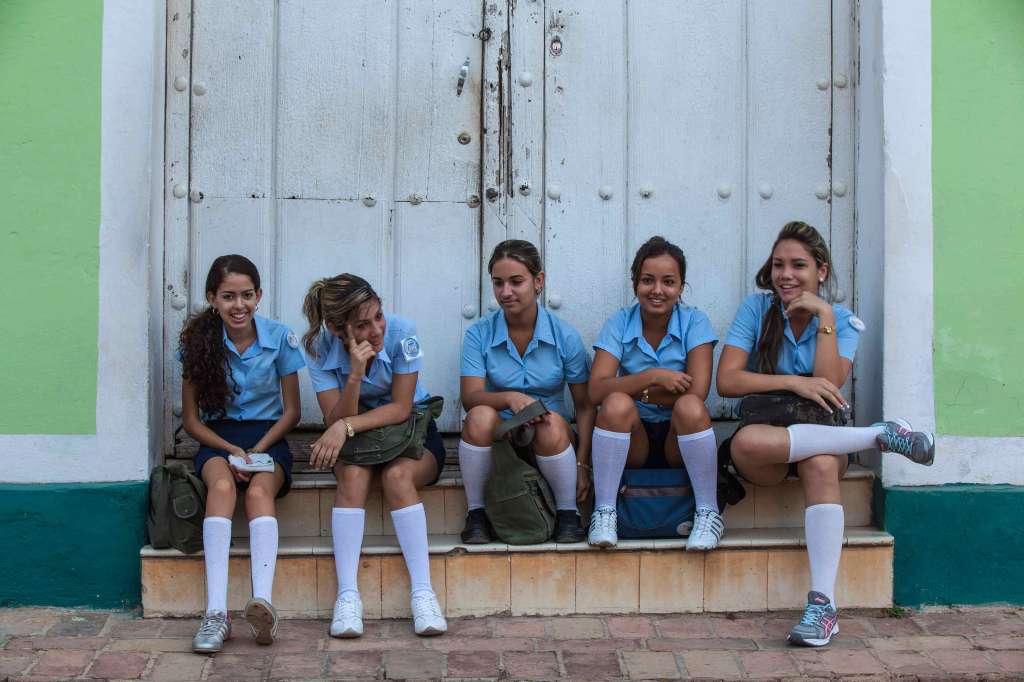
Mario Bronfman served as representative for the Mexico and Central America region until the end of January 2015.
For more than three decades, Ford has been working to advance opportunity and strengthen diversity in Cuba. This has given us a privileged view into the country—and now, a strong foundation to build on as we consider how we can best support Cuba’s transition to normalized relations with the United States.
The foundation began supporting advocacy and public education on U.S. policy toward Cuba in 1978. Since 2003, our grantmaking related to Cuba has been based out of our office in Mexico City, focusing on promoting plurality and diversity in Cuba, and advancing relations between Cuba and the U.S. through collaboration and exchange between the two countries.
Due to the complex political environment, managing this portfolio has been challenging. It isn’t possible to make direct grants to Cuba, and so our work there has meant contending with difficulties procuring licenses and legal permissions, along with the assorted pressures that come with being one of few funders to support Cuba-related projects. Still, we have been determined to seize on opportunities we believe will lead to meaningful progress, including the significant political changes taking place in the country (particularly the approval of Raul Castro’s reform package), Cuba’s increased integration into the regional and international community, and the U.S. ceasing restrictions on cultural and educational travel and exchange.
Despite considerable challenges, over the years the foundation has cultivated a strong, diverse group of grantees and partners working on a broad spectrum of issues—including economics, politics, the arts, migration, history, security, labor rights, environment, fishing, conflict resolution, gender, healthcare, and race—all of them respected for their smart, sensible approach to Cuba’s transformation. For example, our support for Harvard University, Columbia and the Lexington Institute has helped bring Cuban academics to the U.S. to conduct research on the impact of Cuban economic reform. Working with Beyond Conflict, we have funded meetings and workshops focused on the role of the Cuban-American community in U.S.-Cuba relations. Investments in the Environmental Defense Fund and the Center for International Policy have been aimed at preventing and managing the aftermath of natural disasters in Cuba, and strengthening community-based fisheries. And our support for the Cuban Artists Fund helped send a corps of New York-based dancers to Havana to participate in the 24th Annual International Ballet Festival.
According to evaluations carried out by scholars including Joseph Tulchin, Jorge Dominguez and Katrin Hansing, all this work has helped advance peace and social justice, strengthen civil society, democratic pluralism, and human rights. Following this week’s groundbreaking announcement by President Obama, the future looks even brighter for Cuba. We look forward to playing a role in its exciting next chapter.
My generation of Latin Americans has paid close attention to the events unfolding in Cuba over the past 50 years—events about which it has been impossible to be indifferent. And so for me, being in charge of the foundation’s Cuba grants has been a great privilege that represents a larger commitment. As I approach the end of my eleven-year tenure at the Ford Foundation, nothing could be more meaningful than helping to realize Cuba’s next generation of progress.